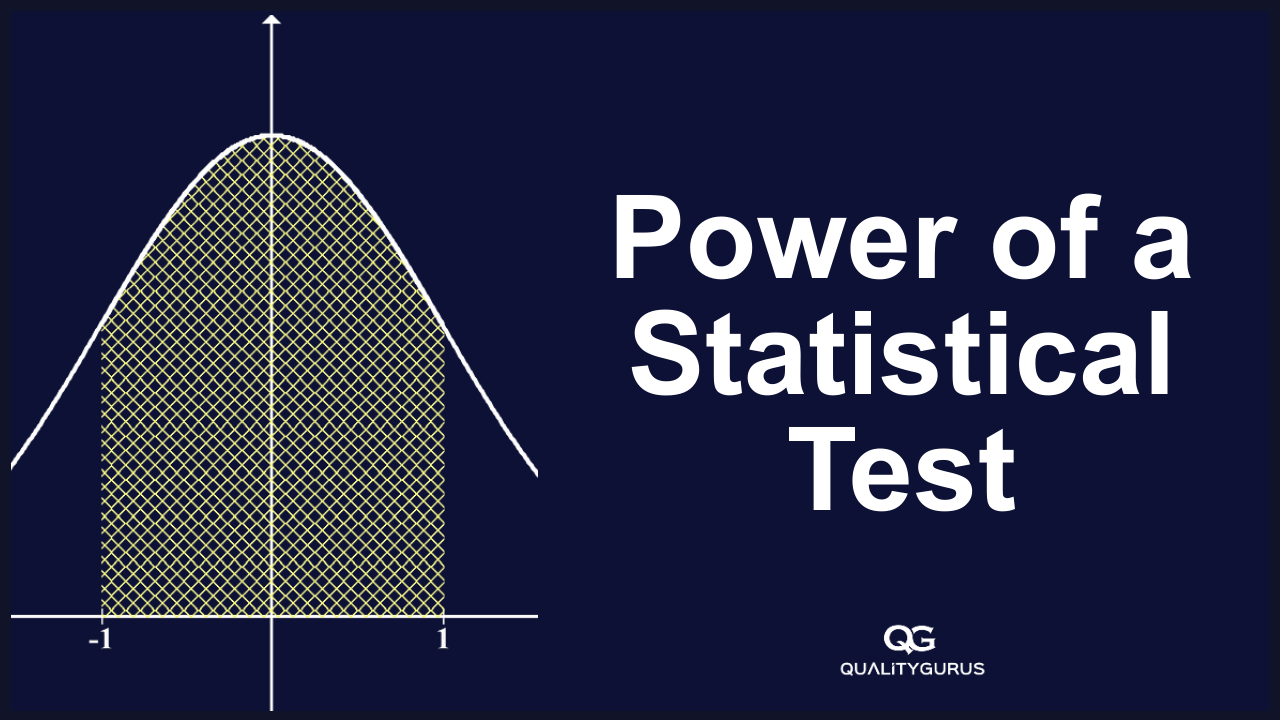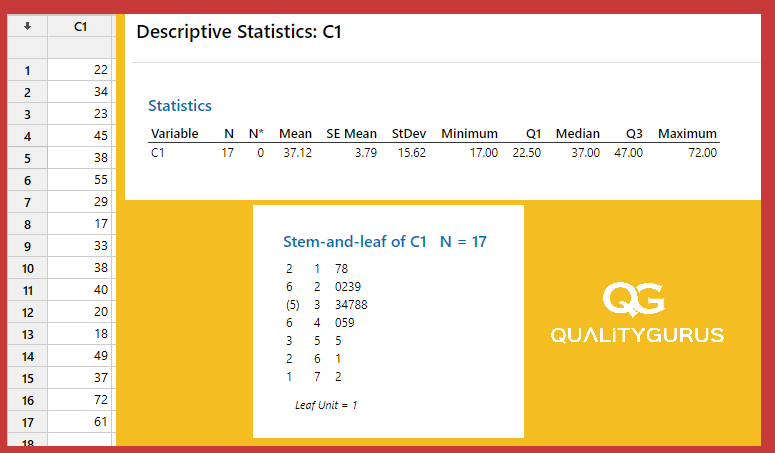
The statistical power of the test is the probability of correctly rejecting the null hypothesis when it is false. In other words, it is the probability of not making a type II error in a hypothesis test. The relationship between the power of the test...









